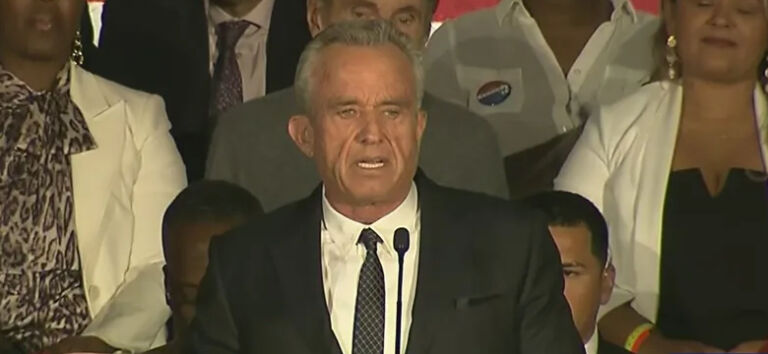Interesting column from News & Record editorial writer Steven Doyle on Greensboro resident Mark Robinson, whose passionate defense of the Second Amendment before the (liberal) City Council went viral.
Based on his earlier columns, I would infer that Doyle disagrees with Robinson on the issue of guns; but to be fair that’s not what the column is about; instead Doyle addresses the viral reaction to Robinson’s speech. Here’s what jumped out at me:
I’m one of those who mourn the death of civility and the degradation of respect that we have for each other, our traditions, our rule of law and those who responsibly tell you what you need to know.
When the Fairness Doctrine was phased out by the FCC and then repealed in 1987, the civility of discussion in the world was lost to those who have the most effective megaphone. If you can scream loudly and persistently, you have an audience, and there is no obligation for a balance of information, to be fair to both sides of the argument.
Interesting that Doyle cites the Fairness Doctrine for upholding the “balance of information” and “fairness to both sides of the argument” when it’s been established that it had the exact opposite effect. Check out this Heritage Foundation report from 1993 (boy we had no idea what was coming) as legislation was working its way through Congress to reinstate the Fairness Doctrine:
Of all arguments for the reinstitution of the fairness doctrine, the most inaccurate and insidious is that it will permit a greater diversity of opinion to be heard. By requiring, under threat of arbitrary legal penalty, that broadcasters “fairly” represent both sides of a given issue, advocates of the doctrine believe that more views will be aired while the editorial content of the station can remain unaltered. But with the threat of potential FCC retaliation for perceived lack of compliance, most broadcasters would be more reluctant to air their own opinions because it might require them to air alternative perspectives that their audience does not want to hear.
Thus, the result of the fairness doctrine in many cases would be to stifle the growth of disseminating views and, in effect, make free speech less free. This is exactly what led the FCC to repeal the rule in 1987.
I get tired of all the noise too–not a day goes by when I don’t wonder why I voluntary subject myself to some of the asinine opinions of Facebook. But then there are days when I have positive exchanges of information and opinion with my “friends.” Good days and bad days–they’re both part of a free society.


